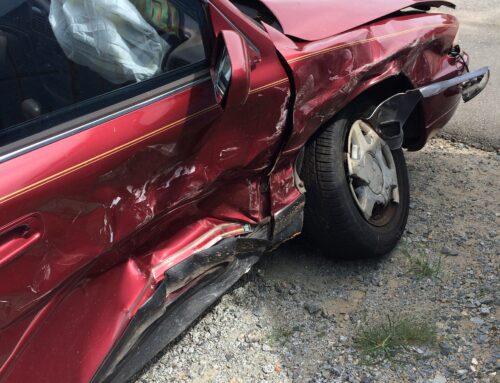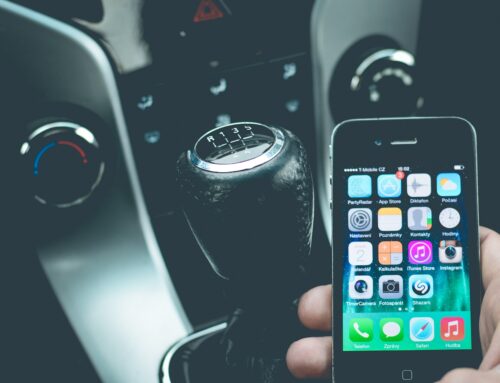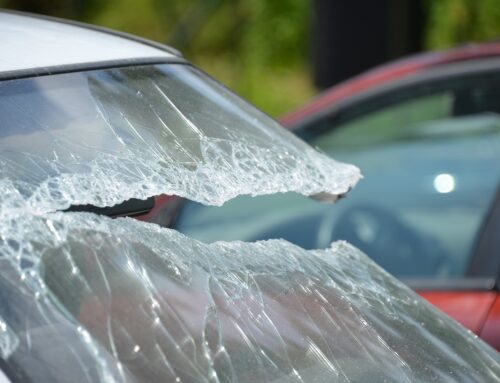Whether for business or pleasure, it is difficult to navigate the Florida Gulf Coast without a car. However, newcomers should realize that in the Sunshine State, car insurance is not only important for your safety but also a legal requirement. The state mandates that all drivers carry a minimum amount of insurance coverage to operate a motor vehicle legally. If you’re registering a car or driving it on the road, there are specific insurance requirements you’ll need to meet. Here’s what you need to know when you drive in Florida.
Car Registration and Insurance
Before registering your vehicle in Florida, you must prove that you have the required insurance coverage. When registering a vehicle, the Florida Department of Highway Safety and Motor Vehicles (FLHSMV) requires that you submit your proof of insurance. This is usually provided by your insurance company, which will issue you an insurance card that you can keep in your vehicle.
If you’re buying a new or used car, you must provide this proof at the time of registration. If you don’t have insurance in place, you will not be able to register the car. If your insurance policy is canceled, your registration could be suspended. Failure to maintain proper insurance coverage could result in fines, penalties, or even the suspension of your driver’s license.
Minimum Insurance Requirements in Florida
Florida law requires that drivers maintain two types of insurance coverage:
Personal Injury Protection (PIP): This is the most important type of car insurance in Florida. It covers medical expenses, lost wages, and death benefits for you and your passengers, regardless of who caused the accident. The required minimum amount for PIP is $10,000. This coverage is designed to ensure that injured parties receive prompt medical attention without waiting for fault determination in the accident.
Property Damage Liability (PDL): This coverage is necessary to cover the costs of damages to another person’s property, such as their vehicle or public property, caused by your actions. The minimum required amount for Property Damage Liability is $10,000.
Unlike many other states, Florida does not require drivers to carry bodily injury liability coverage, which would cover the medical costs of the other driver and their passengers if you were at fault in an accident. However, it’s highly advisable to consider purchasing additional coverage to protect yourself financially, as medical expenses in an accident can easily exceed the $10,000 limit provided by PIP.
Proof of Insurance and Legalities
In Florida, drivers are required to have their proof of insurance with them whenever they are operating a vehicle. If you are pulled over by law enforcement, you may be asked to show your insurance card, so it’s essential to keep it in your vehicle at all times. If you don’t have proof of insurance, you could be fined, and you may face additional penalties.
If you are involved in an accident and fail to provide proof of insurance, you can be charged with driving without insurance, which can lead to severe consequences such as suspension of your driver’s license, fines, or even jail time in extreme cases. Additionally, driving without insurance could leave you personally responsible for paying any damages or medical expenses resulting from an accident.
Consequences of Driving Without Insurance
If you’re caught driving without insurance in Florida, the penalties can be significant. For first-time offenders, you may face a fine of up to $150, and if you are involved in an accident without insurance, you could face fines of $500 or more. The state can also suspend your driver’s license and your vehicle’s registration, and you may be required to file an SR-22 form to prove that you have insurance coverage before your license is reinstated.
For repeat offenders, the penalties can escalate, and you may face higher fines, longer suspension periods, or even the permanent loss of your driving privileges.
Optional Additional Coverage
While the state’s requirements are limited to PIP and PDL, many drivers opt for additional coverage to provide more protection. Some common optional coverages include:
Bodily Injury Liability (BIL): This covers the medical costs of others if you are at fault in an accident.
Comprehensive and Collision Coverage: These cover repairs to your vehicle in the event of an accident, vandalism, or other covered damages.
Uninsured/Underinsured Motorist Coverage: This protects you in case you’re involved in an accident with a driver who either doesn’t have insurance or doesn’t have enough insurance to cover your damages.
Anderson & Associates Insurance Group Can Help
Our team of professionals is ready to help Sarasota and Manatee County residents with all of their insurance needs. From you home to your car or golf cart – give us a call to get the coverage you need.










